Who’s impacted LGBTQ+ rights the most in the last 30 years? Four queer people discuss
Four voices offer their very different heroes
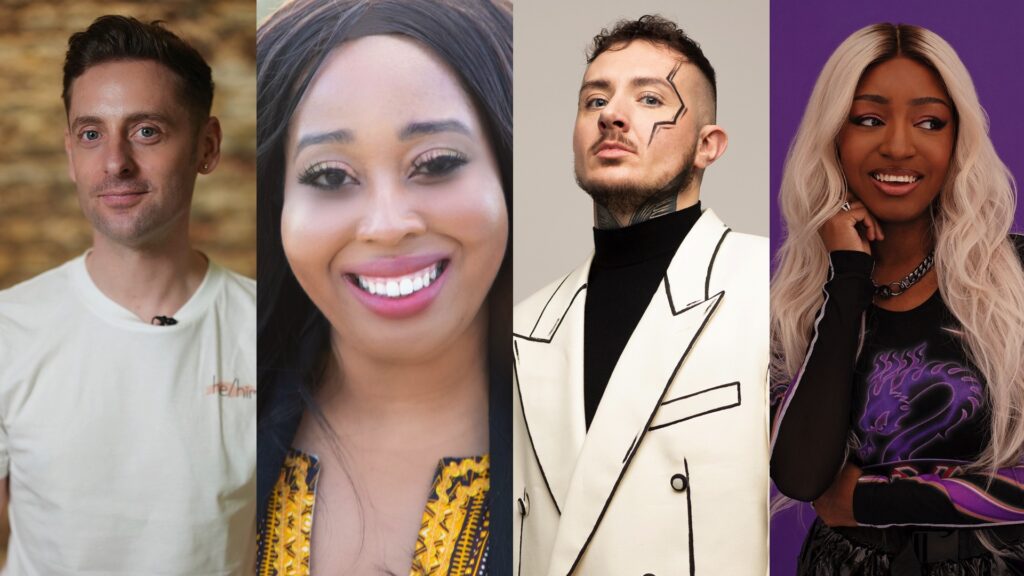
In the first 30 years of Attitude, a lot has changed for the LGBTQ+ community. Healthcare has been improved, social acceptance has increased, and while at times we seem to be taking steps backward, a lot has changed politically and legally.
With all that and more in mind, we asked four members of the community who they thought has had the biggest impact on LGBTQ+ rights in the last 30 years.
Jacqui Rhule-Dagher (she/her) Lawyer
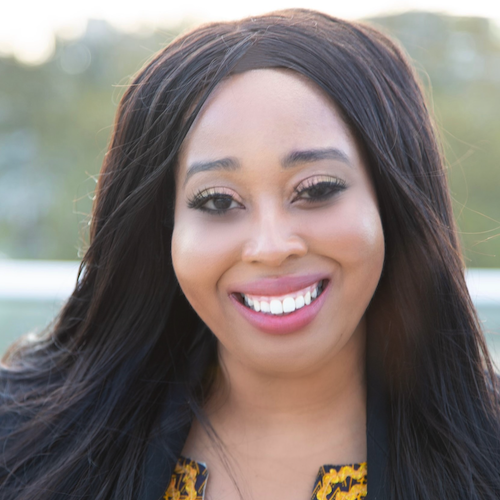
Who is the LGBTQ+ community’s bridge between the past and the future? Who possesses the wisdom of Audre Lorde, the bravery of James Baldwin and the resilience of Marsha P. Johnson? For me, it’s Lady Phyll. Her persistence and advocacy make her one of the most prominent LGBTQ+ figures around. Additionally, her influence extends beyond our borders and reverberates around the globe. Significantly, her activism is intersectional, thereby making it especially impactful. In 2005, Lady Phyll made an invaluable contribution to LGBTQ+ rights when she co-founded UK Black Pride.
In 2022, I was part of the 25,000-strong crowd when UK Black Pride made history by becoming the largest Black Pride in the world. It was empowering seeing Ted Brown, who organised the first Pride in 1972, and Lady Phyll on stage together. LGBTQ+ people of colour have always existed. Lady Phyll reminds us, however, to do more than exist. She encourages us to live authentically, joyfully, and proudly. Lady Phyll is a walking tribute to the trailblazers who have preceded us and is our flag bearer into the future.
Jaxon Feeley (he/him) Model and campaigner
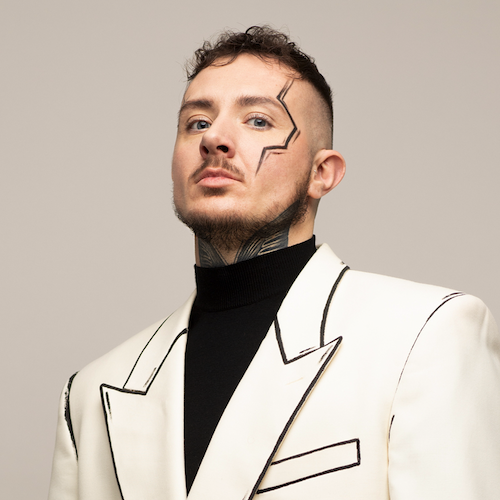
There are generations of people unaware of the powerful force that RuPaul was and continues to be for the LGBTQ+ community. From urging young people to protest against war to creating a revolutionary TV show, RuPaul has been an immeasurable force for change over the past 30 years. Time and again, she has met hate with love, changing mindsets one day at atime. In 1993 — the same year that the US would introduce the discriminatory “Don’t Ask, Don’t Tell” policy within its military forces — an estimated 1 million people participated in a march on Washington for lesbian, gay, and bisexual equal rights and liberation.
Performing at the rally was RuPaul, inspiring a nation to be themselves on the day he lost his mother to cancer. And it’s not an exaggeration to say that RuPaul’s Drag Race has changed everything. Drag has the power to humanise LGBTQ+ people by making them more relatable and, in turn, saving the lives of viewers. By championing self-belief and expression, Drag Race has encouraged a generation of LGBTQ+ fans to come out and be unapologetically themselves.
Daniel Harding (he/him) Author and journalist
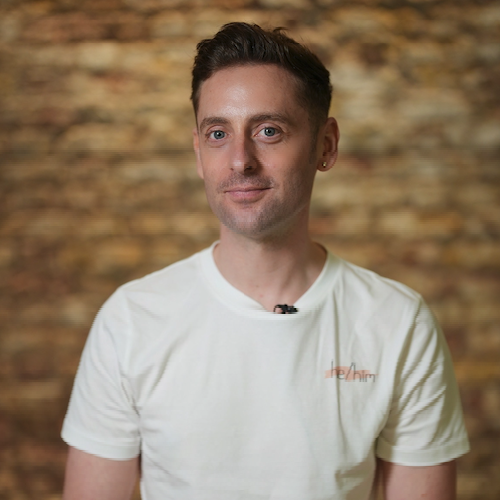
An impact on our rights is not just measured by what we physically do, it’s also in forcing people to see us. And when it comes to being seen, Russell T. Davies continues to shine a light on our beautiful acronym. Through beautiful and heart-wrenching storytelling, from Queer as Folk and It’s a Sin to Doctor Who, Davies not only represents the community, but allows those worlds to include us. That impact on our rights continues to play a vital role in where we’ve come, and where we are going. Sadly, unless people see us on their screens, hear our stories and empathise with our lives, change cannot happen, voices can’t be heard.
We must never underestimate the power of storytelling and the ripple effect it can have on giving rights to underrepresented communities. I thank Davies for this. And, like the great activist Marsha P. Johnson once famously said, “I was no one, nobody, from Nowheresville, until I became a drag queen.” Because often, in a community that can feel invisible, representation allows us to step out of the dark.
Yasmin Benoit (she/her) Asexual activist
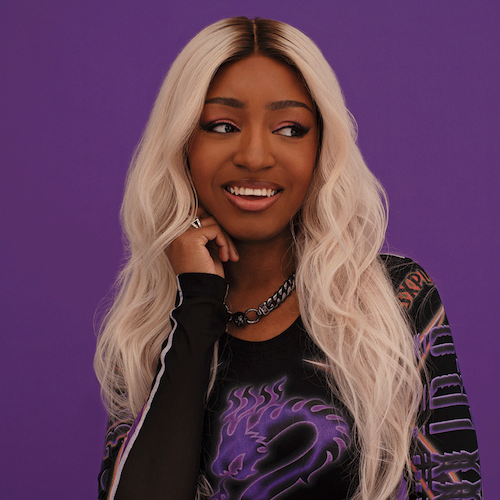
Andrew Lumsden was a founding member of the UK’s Gay Liberation Front and helped to organise our first Gay Pride march in 1972, forever changing the visibility and empowerment of LGBTQIA+ people in the UK. Lumsden also co-founded the fortnightly Gay News in 1971, changing the way gay people were discussed in the media. He continued campaigning throughout his life. We met when we paid tribute to the first Pride march in Queen Elizabeth II’s Jubilee parade. I was captivated by his energy and kindness. He welcomed me and supported the work I was doing for the asexual community.
We met on a few occasions afterward, the final time in 2022 when he invited me on a recreation of the original Pride route through London. That was the last time I saw him. He passed away in November 2023, having made an immeasurable impact in his 82 years. The movement wouldn’t have been the same without him and those like him – who you might not have heard of but should always remember.
This feature first appeared in Attitude’s May/June issue – out now.
